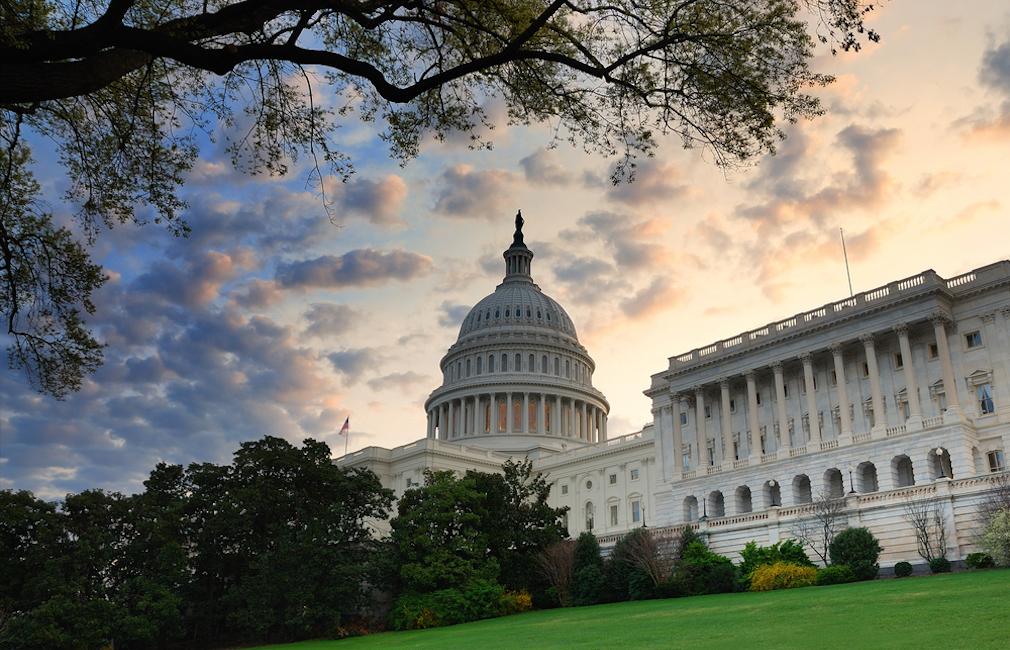Ever since the Qualified Mortgage rule went into effect a few years ago, borrowers who don’t have a traditional source of income have had a hard time getting a mortgage.
Well, a bipartisan push is underway in the Senate that could change that.
Late Tuesday, Sens. Mark Warner, D-Virginia, and Mike Rounds, R-South Dakota, announced they are introducing legislation designed to make it easier for self-employed borrowers to get a mortgage.
According to Warner’s office, the “Self-Employed Mortgage Access Act” would help creditworthy borrowers with non-traditional forms of income qualify for a mortgage by allowing lenders to verify a borrower’s income using additional forms of documentation other than the W-2.
“An increasing number of Americans make their living through alternative work arrangements, like gig work or self-employment,” Warner said in a statement.
“Too many of these otherwise creditworthy individuals are being shut out of the mortgage market because they don’t have the same documentation of their income – paystubs or a W-2 – as someone who works 9-to-5,” Warner continued. “This bill will allow these workers to supply other forms of paperwork to verify their income while continuing to protect consumers from predatory lending.”
The issue, according to Warner and Rounds, is the stringent lending standards stipulated by the Ability-to-Repay rule and the QM rule.
“Since the QM standard was finalized, lenders and investors in the mortgage market have shown a clear preference for QM loans due to the potential for liability associated with making non-QM loans,” the Senators note.
Under those rules, unless a loan is eligible for sale to Fannie Mae or Freddie Mac or insurance from one of the government agencies (Federal Housing Administration, for example), QM loans require lenders to satisfy the “rigid requirements” of the CFPB’s lending guidelines, Warner’s office notes.
Those guidelines, referred to as Appendix Q, often lead to a “less precise calculation of income for borrowers with non-W-2 income sources, such as rental income, retirement income, or income from self-employment.”
According to Warner’s office, the effect of that imprecise calculation is that many creditworthy individuals who rely on non-traditional income (as many as 42 million Americans or 30% of the labor force fall into this category) are “unduly constrained” in their ability to get a mortgage.
The “Self-Employed Mortgage Access Act” would expand the types of documentation that self-employed individuals are allowed to use to show they are creditworthy, while also expanding the types of documentation that banks could use to keep a loan in QM status.
Under the “Self-Employed Mortgage Access Act,” the IRS Form 1040 Schedule C for sole proprietorships, the IRS Form 1040 Schedule F for farming, the IRS Form 1065 Schedule K-1 for partnerships, and the IRS Form 1120-S for S Corporations could all be used when determining a borrower’s income.
“Small businesses in South Dakota are the backbone of our economy and the heartbeat of our communities,” Rounds said in a statement.
“We shouldn’t unfairly punish entrepreneurs, farmers and other small business owners because they don’t earn income on a W-2,” Rounds continued. “Our legislation gives financial institutions flexibility in the forms of documentation that can be used when applying for mortgage credit, making it easier for South Dakota families to realize their dreams of homeownership.”
The bill has the support of the Mortgage Bankers Association, Consumer Federation of America, and The Milken Institute.
“The Mortgage Bankers Association strongly supports the Self-Employed Mortgage Access Act, introduced by Senators Mark Warner and Mike Rounds. This bipartisan, common sense legislation would allow the use of prudent and well-established underwriting standards to responsibly expand access to mortgage credit by providing lenders and investors greater certainty about standards for validating borrower ability to repay,” Bill Killmer, senior vice president of legislative and political affairs at the MBA, said.
“We believe consumers who own small businesses or are otherwise self-employed should not face unnecessary obstacles to homeownership,” Kilmer added. “By allowing the use of standards already in place at FHA, VA, USDA, Fannie Mae, and Freddie Mac, this legislation better ensures that all consumers are treated on a level playing field when it comes to mortgage underwriting.”
Barry Zigas, director of housing at the Consumer Federation of America, said that the bill will help borrowers and lenders without removing any consumer protections.
“The ability to repay and associated Qualified Mortgage rules are among the most important consumer protections to emerge from the financial crisis and the Dodd-Frank Act,” Zigas said. “This bill would provide common sense direction to the CFPB in its application of the statutory requirements and give lenders and consumers alike an easier, less burdensome way to meet these tests without weakening their important protections for consumers.”






